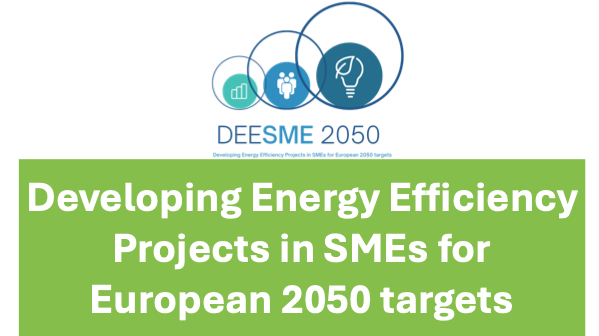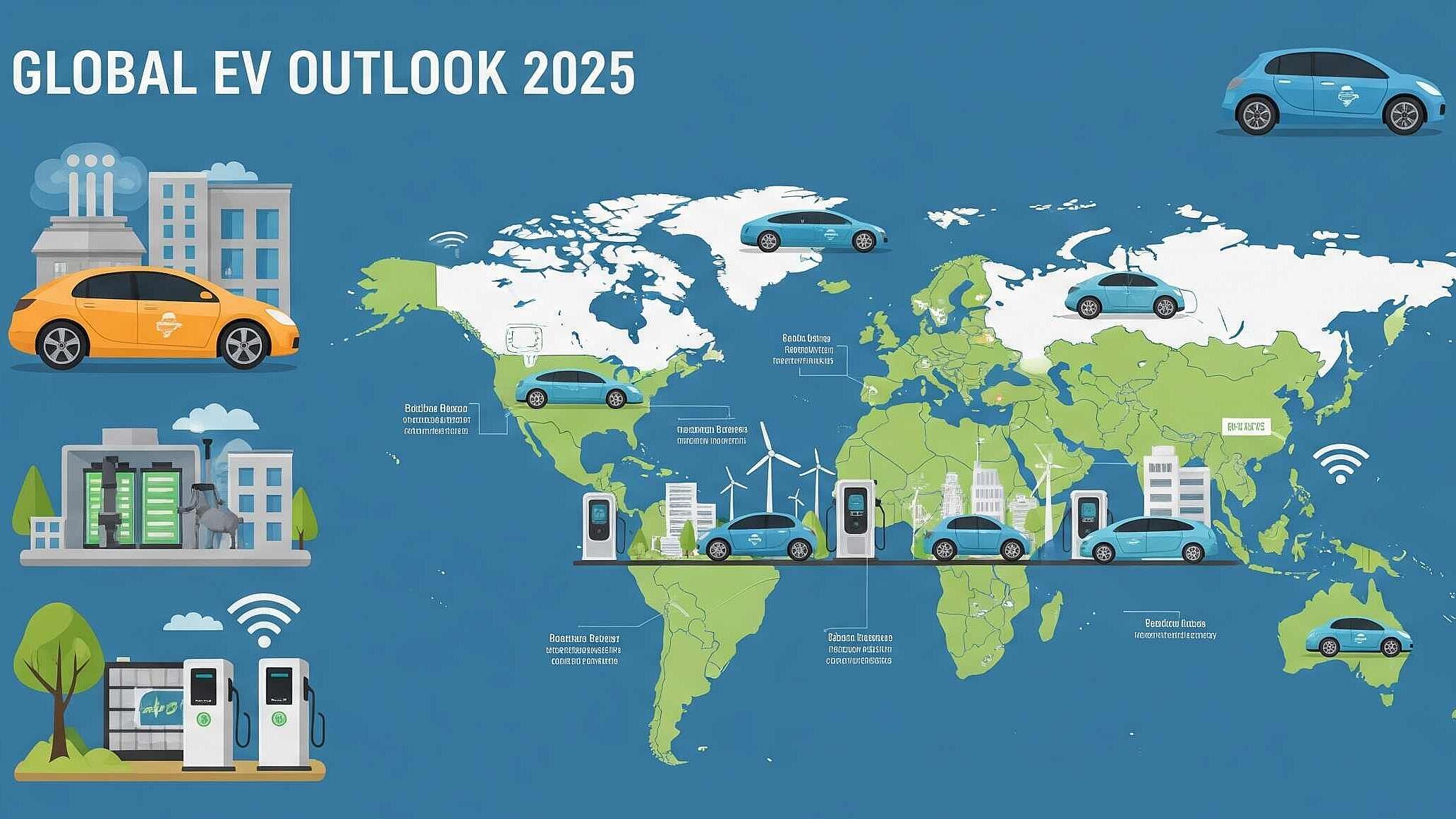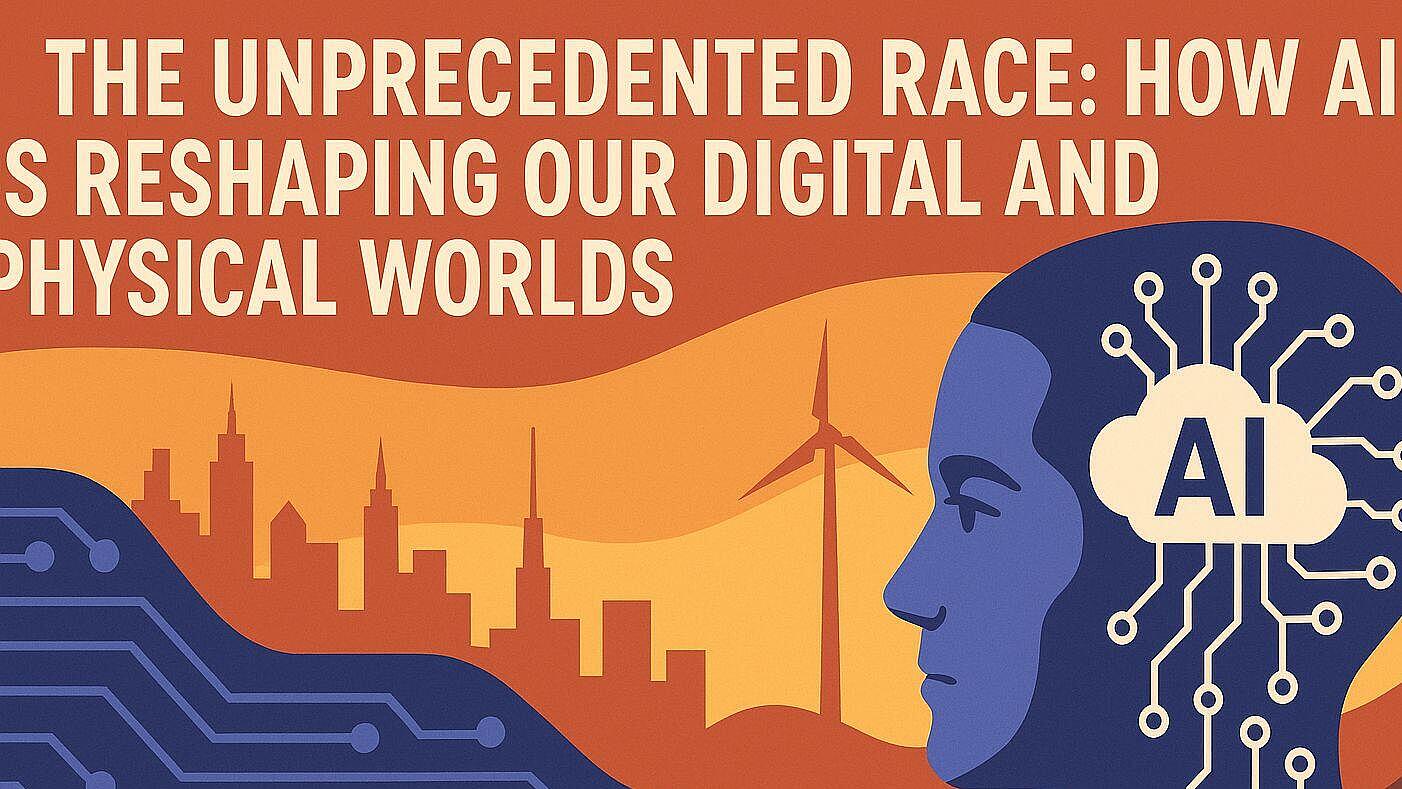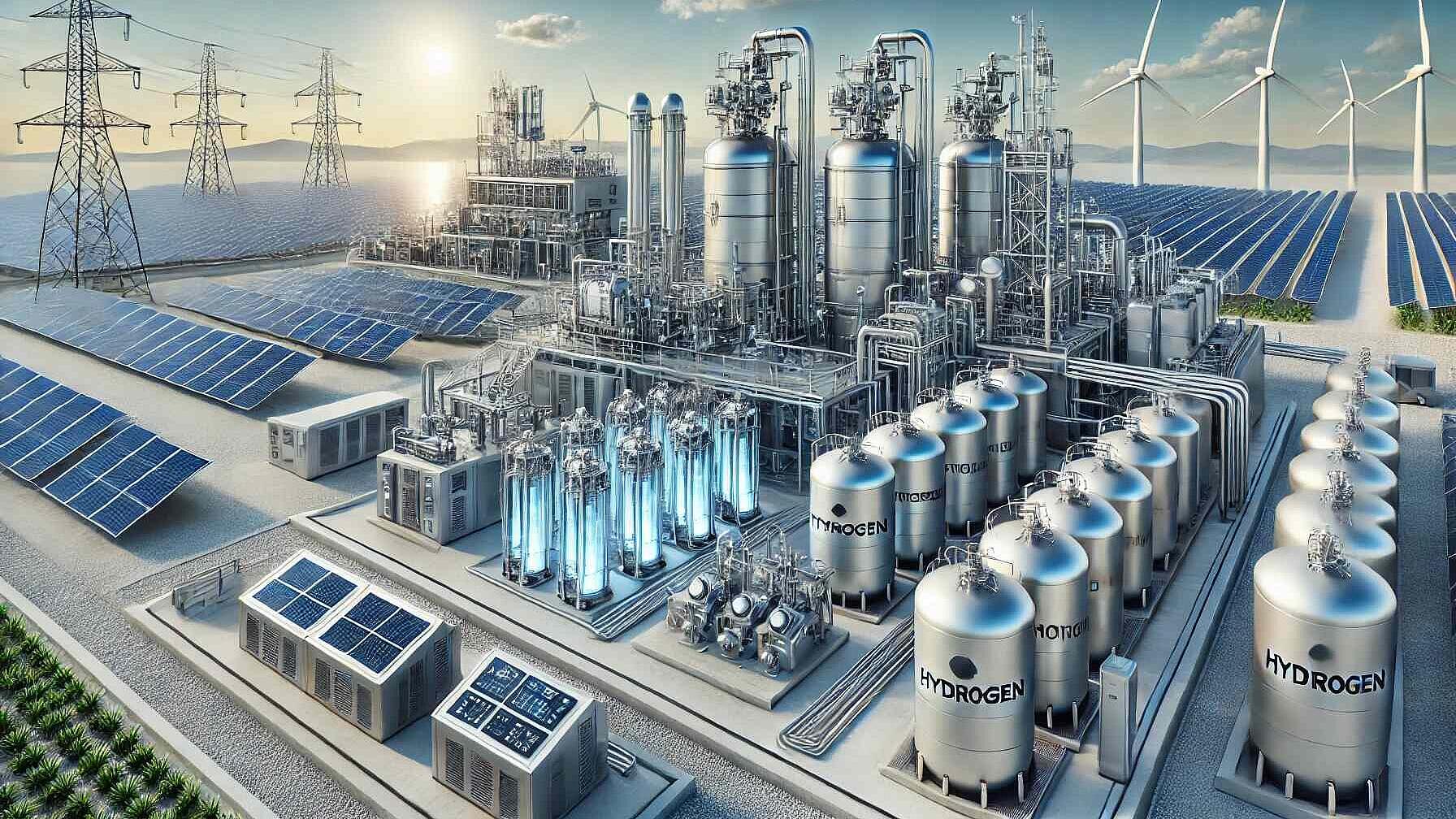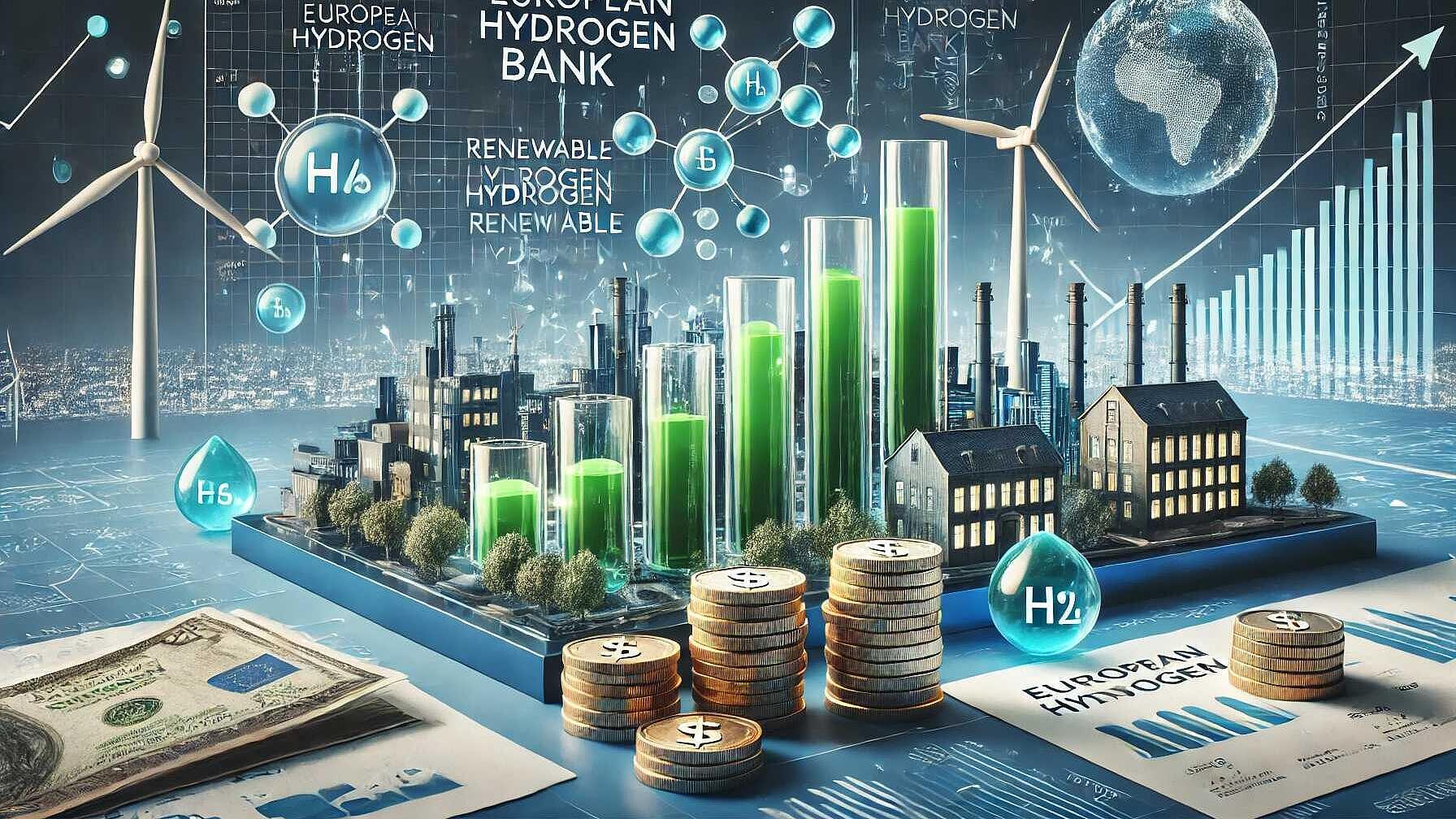 Articles
ArticlesMore support being given to SMEs in Europe to become more energy efficient
The European Investment Bank (EIB) Group, with the European Commission's support, presented a €17.5 billion financing initiative to aid over 350,000 SMEs across Europe in improving energy efficiency. The initiative, announced by EU Energy & Housing Commissioner Dan Jørgensen and EIB Group President Nadia Calviño, aims to mobilize over €65 billion in investments by 2027 to address energy efficiency gaps in the market. The report accompanying the announcement highlighted that European businesses invest less in energy efficiency compared to their U.S. counterparts, despite higher energy costs, but are taking steps to invest in energy-saving measures. The EIB's new financing will incorporate debt and equity instruments, nearly doubling current support levels for the 2025-2027 period to facilitate energy efficiency and decarbonization for SMEs. A one-stop-shop for energy efficiency will be introduced to streamline access and support, integrating the full EIB Group intermediated lending offering. The initiative will be bolstered by EU budget guarantees through InvestEU and the LIFE environmental program. A dedicated SME working group under the European Energy Efficiency Financing Coalition is also being launched to tackle barriers and develop tailored financing solutions for SMEs. The EIB will support dedicated investment platforms that work with private partners to fund SME energy efficiency projects, attracting capital into Europe's energy efficiency ecosystem. This initiative aligns with the EU's goals outlined in the Clean Industrial Deal and Action Plan for Affordable Energy.
Read Full articleSpotlight on EU funded project – Unlocking SME potential: Financing energy efficiency for a sustainable future
The paper emphasizes the importance of energy efficiency in European SMEs, which are crucial to the continent's economy and competitiveness. The EU-funded DEESME 2050 project highlights the potential benefits of improving energy performance in the furniture industry. Investments and policy implementation must accelerate to meet the EU's 2030 climate goals, and new initiatives like EEEFC aim to support this transition. Financial intermediaries are identified as vital for SMEs to access funds, leveraging experiences from organizations like EEIP and state-owned banks to facilitate this process.
Read Full articleEV Revolution: Transforming Global Mobility Through Innovation and Accessibility
In 2024, global electric vehicle (EV) sales exceeded 17 million, a significant increase from 2020 totals. China's electric car sales hit 11 million, driving affordability and adoption worldwide. Battery cost reductions and technological advancements improved EV competitiveness, while the expansion of charging infrastructure supported the growing EV market. Electric commercial transport also gained momentum, with electric trucks becoming more economically feasible. Projections suggest EVs will continue to grow, reaching substantial market shares globally by 2030.
Read Full articleThe Unprecedented Race: How AI is Reshaping Our Digital and Physical Worlds
By 2030, AI will necessitate a $7 trillion investment in data centers, driven by widespread AI adoption and geopolitical priorities. The demand for specialized compute hardware and energy-intensive AI workloads is creating significant power and supply chain challenges, emphasizing the need for efficiency, renewable energy, and advanced demand forecasting.
Read Full articlePowering the Future: A Comprehensive Look at Hydrogen Production Methods
The paper provides an analysis of 19 hydrogen production methods, focusing on efficiency, cost, and environmental sustainability. It identifies the efficiency of fossil fuel reforming and the high environmental impact of non-renewable sources. Renewable methods are more sustainable but less developed. Hybrid approaches offer balanced results while further innovation is needed for truly sustainable hydrogen production.
Read Full articleBusiness Value Through Industrial Symbiosis
A new framework evaluates industrial symbiosis, showing cost savings, revenue growth, risk reduction, and intangible benefits, advocating strategic partnerships and regulatory navigation for long-term sustainable advantage.
Read Full articleDigital Revolution in Motor Systems: Powering the Future of Energy Efficiency
The paper highlights the revolution of motor systems through digital technologies enhancing efficiency, despite challenges such as lack of standardization and cybersecurity risks. Innovations include smart sensors, IoT, and AI-driven analytics, with case studies showing significant energy savings. Opportunities exist for professionals in data science and cybersecurity.
Read Full articleBoosting the Hydrogen Revolution: The Role of a European Hydrogen Bank
The EU aims to produce and import 20 million tonnes of renewable hydrogen by 2030 to achieve climate targets. The European Hydrogen Bank, integral to REPowerEU, supports this via subsidies and market integration. Investments in hydrogen technologies foster innovation, job creation, and international cooperation, enhancing energy security and global leadership in clean energy transitions.
Read Full articleThe smart city puzzle: cities, platforms and service provider
Working in smart city projects requires to bring together different players in this very diverse eco-system, from IT to product suppliers, service providers, finance, social innovators and of course the cities with their various departments. A good way to start is looking at top notch smart city projects as well as knowledge, matchmaking and IT platforms.
Read Full articleUnlocking the Value of Industrial Symbiosis: A Comprehensive Guide to Pricing and Business Value
The article outlines approaches and a framework for pricing in industrial symbiosis, stressing fair and sustainable mechanisms, considering costs, earnings, risks, and value beyond economics for successful circular economies.
Read Full article
